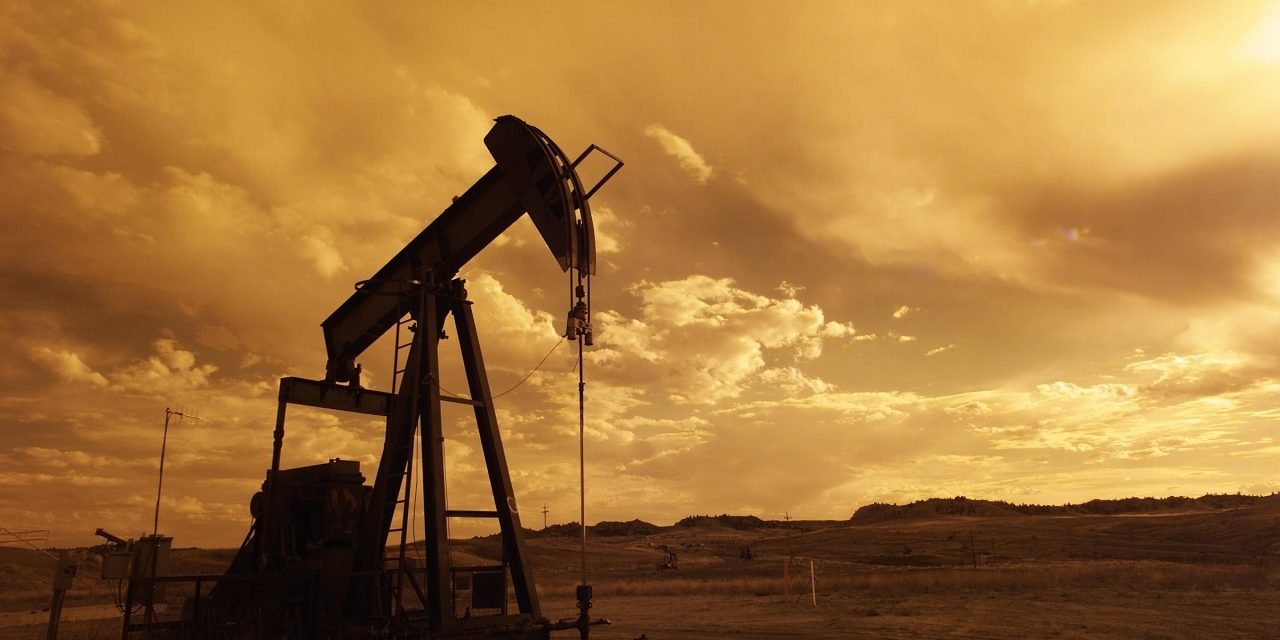The state of California has initiated a civil lawsuit against some of the world’s largest oil companies, alleging that they have caused immense environmental and financial harm and deliberately misled the public by downplaying the risks linked to fossil fuels.
The civil case, filed in San Francisco’s superior court, marks a significant milestone in the ongoing battle against climate change. It demands the establishment of an abatement fund to cover the future costs of climate-related disasters in California.
The lawsuit’s targets are five major oil giants: Exxon Mobil, Shell, BP, ConocoPhillips, and Chevron, with the American Petroleum Institute, a trade group based in Washington, also named as a defendant.
While other states and municipalities have pursued similar lawsuits in recent years, California’s legal action stands out as one of the most substantial challenges to the fossil fuel industry. The significance of this case is amplified by California’s status as the most populous state in the U.S. and a prominent oil and gas producer.
Additionally, California finds itself on the frontline of climate change impacts, experiencing extreme weather events such as wildfires, floods, sea-level rise, and searing heat, which lend urgency to the state’s efforts to combat climate change.
Richard Wiles, President of the Center for Climate Integrity, described California’s lawsuit as “the most significant, decisive, and powerful climate action directed against the oil and gas industry in U.S. history.”
However, the oil companies targeted in the lawsuit, including Exxon, Chevron, Shell, BP, and ConocoPhillips, have not yet responded to requests for comments.
Ryan Meyers, General Counsel of the American Petroleum Institute, characterized the lawsuit as part of an “ongoing, coordinated campaign to wage meritless, politicized lawsuits,” stating that climate policy should be determined by Congress, not the court system.
California’s Attorney General, Rob Bonta, filed the lawsuit on behalf of the state’s residents. The lawsuit alleges that since the 1950s, these companies and their allies intentionally played down the risks of fossil fuels to the public, despite their awareness of the looming global warming crisis. It further accuses these companies of persistently misleading the public about their commitment to reducing emissions while profiting immensely from fossil fuel production.
The complaint levies several charges against the oil companies, including creating a public nuisance, destroying natural resources, and violating false advertising and product-liability laws.
The lawsuit asserts that oil and gas company executives have known for decades that reliance on fossil fuels would lead to catastrophic results but concealed this information from the public, leading to a delayed response to global warming. It also contends that their misconduct has resulted in significant costs to people, property, and natural resources.
The 135-page complaint meticulously builds the case that these companies and their trade group have been aware since the 1950s that emissions from their products would dangerously warm the planet. Instead of alerting the public or investing in cleaner technologies, they chose to downplay the risks and promote fossil fuels as safe.
The lawsuit highlights the ongoing “greenwashing” by the oil companies, where they promote certain types of gasoline as environmentally friendly while allegedly walking back their commitments to reduce emissions.
Additionally, the lawsuit underscores the extensive damage inflicted by climate change on California, including record heat, droughts, wildfires, extreme storms, flooding, crop damage, coastal erosion, and biodiversity loss.
Governor Gavin Newsom of California emphasized the urgency of accountability, stating, “These folks had this information and lied to us, and we could have staved off some of the most significant consequences. It’s shameful. It sickens you to your core.”
The fossil fuel industry has faced a wave of climate-related lawsuits, with cities and states across the country seeking billions of dollars in damages. Attempts to move these cases from state to federal courts have been thwarted, with legal experts believing that state courts offer better chances of winning damages for municipalities.
While some recent lawsuits against major oil companies have invoked the Racketeer Influenced and Corrupt Organization Act (RICO), the California lawsuit does not use this approach. Instead, it focuses on establishing a fund to address climate change consequences and hold the industry accountable for its actions.
Attorney General Rob Bonta seeks the creation of a fund to cover the costs of recovery from extreme weather events and climate mitigation and adaptation efforts across California. The state has already expended billions of dollars on climate disasters, with expectations of significantly rising costs in the years ahead.
A precedent for such a fund exists, as several California cities previously sued makers of lead paint on similar grounds. After decades of litigation, these companies agreed to a $305 million settlement, which was used to establish an abatement fund.

Looking back on my two decades in this field, I’m still as committed as ever to telling important stories and getting people to care about the Earth. Outside of writing, I work with Environmental groups that are trying to make things better for the environment and have a positive impact.










